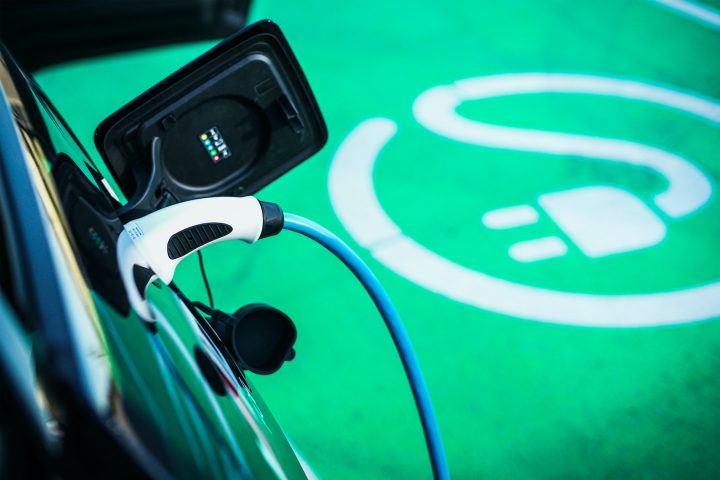Global research from behaviour experts SKIM Group has uncovered the scale to which some of the world’s most iconic automotive marques are struggling to keep up with the pace of the Electric Vehicle revolution in the eyes of car buyers.
The global poll of in-market new car buyers assessed their perception of car makers’ ability to survive the shift to electrified powertrains as the combustion engine era comes to an end.

The rankings suggest that faith in some iconic car brands is languishing behind rivals. Toyota was the only marque over twenty years old that made it into the top ten, with big names like Peugeot, Mini and Renault sitting at the bottom of the pile.
EV-only brands perform strongly, particularly those from China or with chinese-backing unsurprisingly, thanks to their ability to offer competitive pricing and leading technology. However, legacy OEMs from Europe are judged to be struggling the most.
North American car makers are assessed as being split between the new, Californian brands doing extremely well, like Rivian and Tesla, whilst historic Detroit names like Cadillac, Chevrolet and Ford perform poorly. One in five new car buyers surveyed thought that Cadillac may no longer exist by 2030.
David Voxlin, Director of Sustainability & Behaviour Change, SKIM, said, “This is a benchmark year for the SKIM Perception Score and it’s going to be fascinating to see which brands will rise and fall in the years ahead. The research already shows an intriguing split between what people are actually buying and what brands they believe will be thriving in the years to come.”
Tesla tops the list overall, but missed out on the top spot of the Success Score league table, as EV trail-blazer BYD placed joint first with newcomer NIO with 69% of car buyers believing they are the best-placed brands to be a success by 2030. XPeng finished just ahead of Musk’s brand in third place (62%).
At the other end of the spectrum, the findings make uncomfortable reading for a number of legacy car manufacturers, including some of the world’s most iconic car marques such as Mini, Renault and Cadillac.
Buyers were especially sceptical of legacy OEMs, with only 23% perceiving Cadillac is doing well. In fact, say 3 out of 4 people (~75%) thought Cadillac could be out of business by 2030.
Sustainability is a key element of purchase consideration and the polling shows that EV-only brands are far outperforming legacy OEMs in the perception of consumers.Toyota was the highest ranking legacy manufacturer in the league table of sustainable car brands but only came in 8th with 40% of respondents saying they believed it to be extremely sustainable.
BMW was 10th with 35% and Audi in joint 13th place with Fisker, where 34% of respondents believed them to be sustainable. XPeng topped the list with 65% of respondents stating it is a sustainable brand.


